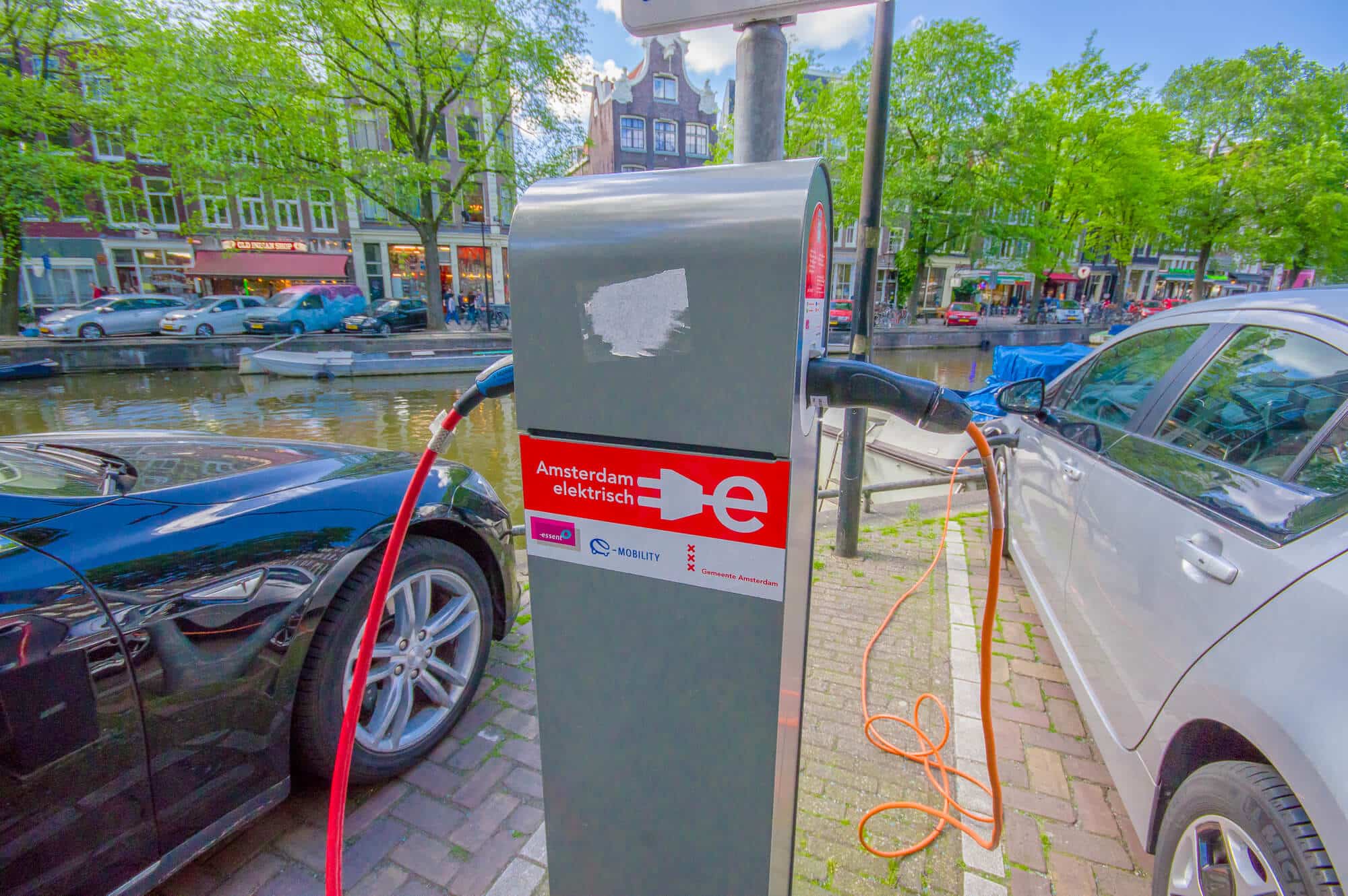The decision will require new cars sold in 2030 to reduce 55% of the emission levels compared to the cars sold starting in 2021. This rate is much higher than the existing reduction target of 37.5%. Furthermore, new vans sold in 2030 will have to reach a 50% lower emission level than in 2021. Both new cars and vans need to achieve zero emissions in 2035

The European Council and the European Parliament reached an agreement on October 27 to reduce GHG emissions from new cars and reach zero by 2035. The planned law will prohibit the sale of new vehicles with internal combustion engines from that year and will likely accelerate the transition of car manufacturers to electric vehicles. Parliament and the Council will have to formally approve the agreement before it can enter into force.
According to The Wall Street Journal, data from the European Automobile Manufacturers Association show that in 2021 one out of every five new cars sold in the European Union will be electric. The organization expected that number to increase to three out of five by the end of the decade.
The decision will require new cars sold starting in 2030 to lower emission levels by 55% compared to cars sold starting in 2021. This rate is much higher than the existing reduction target of 37.5%. Furthermore, new vans sold from 2030 will have to reach a 50% lower emission level than in 2021. Both new cars and vans need to achieve zero emissions in 2035.
Under the agreement, the European Commission will propose rules that will allow the sale of only vehicles powered by carbon-neutral fuels after 2035. Automakers that produce fewer than 10,000 vehicles a year can request a less stringent emissions target until 2036.
In addition, the agreement requires the European Commission to examine in 2026 the progress towards zero emissions. The planned law still needs to be approved by the member states of the Union
Several European car manufacturers, including Stelantis and Volkswagen, have already announced that they voluntarily commit to producing only electric vehicles starting in the 2030s.
Stellentis aims for 100% electric vehicle sales in Europe and 50% in the US by 2030, while its CEO, Carlos Tavares, said that electrification is a technology chosen by politicians rather than industry.
The CEO claimed that hybrid models should be taken more seriously. According to him, car manufacturers will inevitably have to pass on the additional costs of producing electric vehicles to customers.
He also proposed applying lower purchase tax rates to electric vehicles to offset the price. According to him, the same tax rate should not be applied to electric and non-electric vehicles, as the latter are more damaging to the environment.
More of the topic in Hayadan:
- The Ministry of Environmental Protection recommends a 30% reduction in emissions in 2030
- Israel is testing wireless charging of electric vehicles
- The clean transportation plan: by 2025 all new buses will be electric, and then the rest of the vehicles
- The future of electric vehicles - and the meaning for all of us

2 תגובות
Talk about light trucks.
Is it true that the source you translated from says Truck and not "van"?